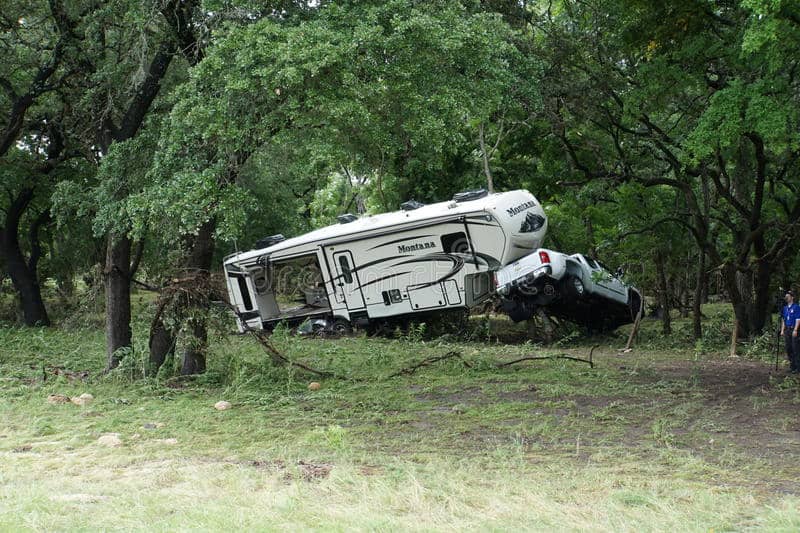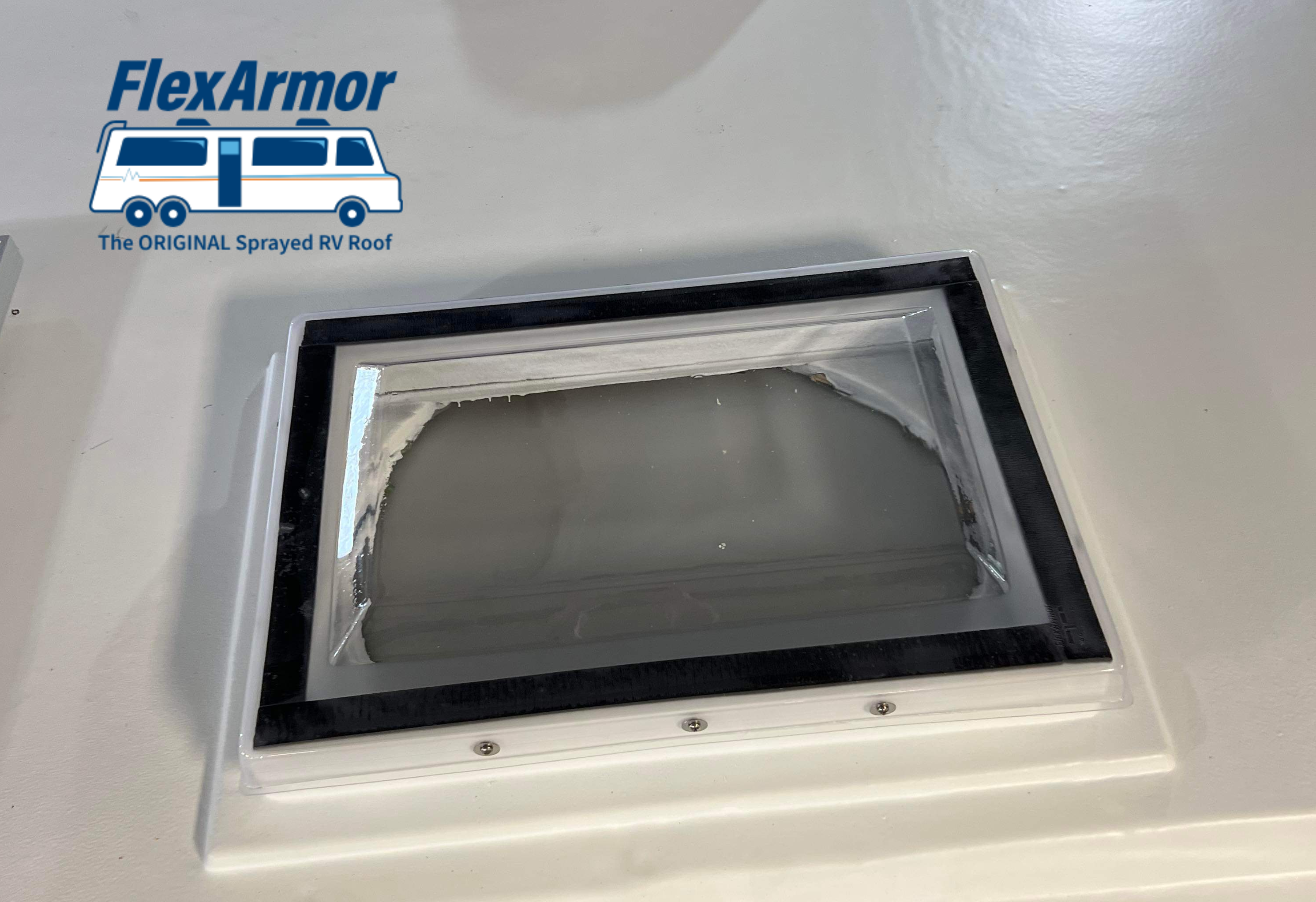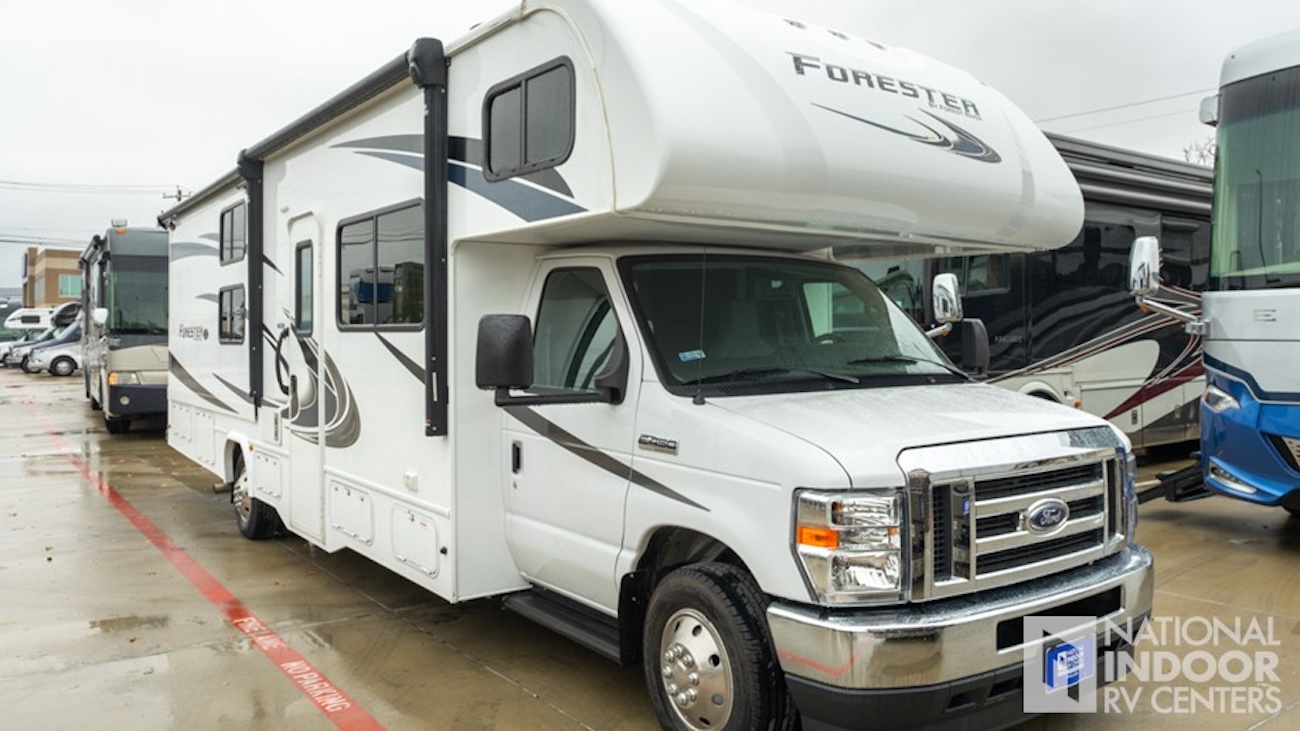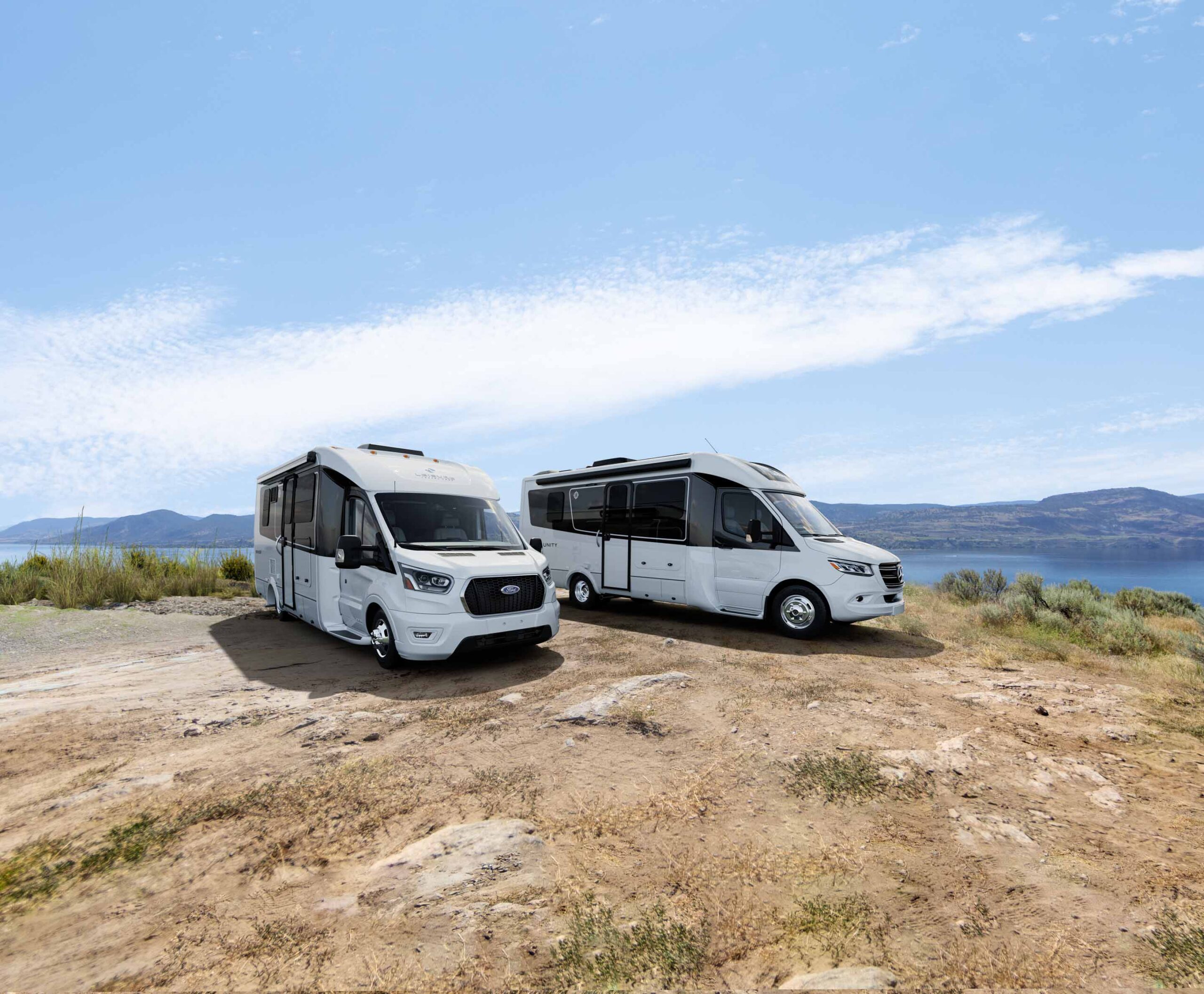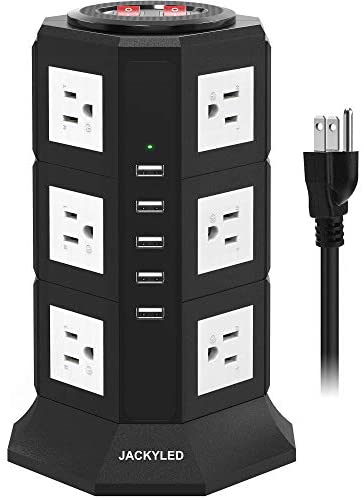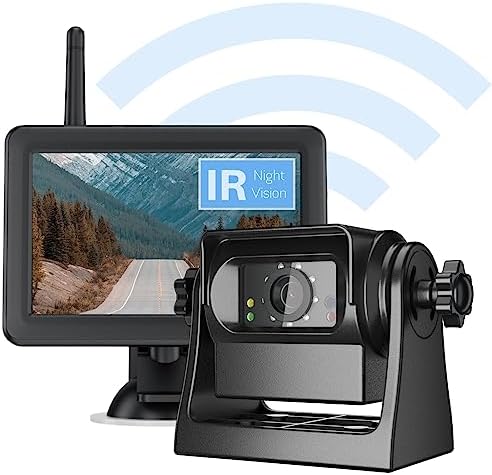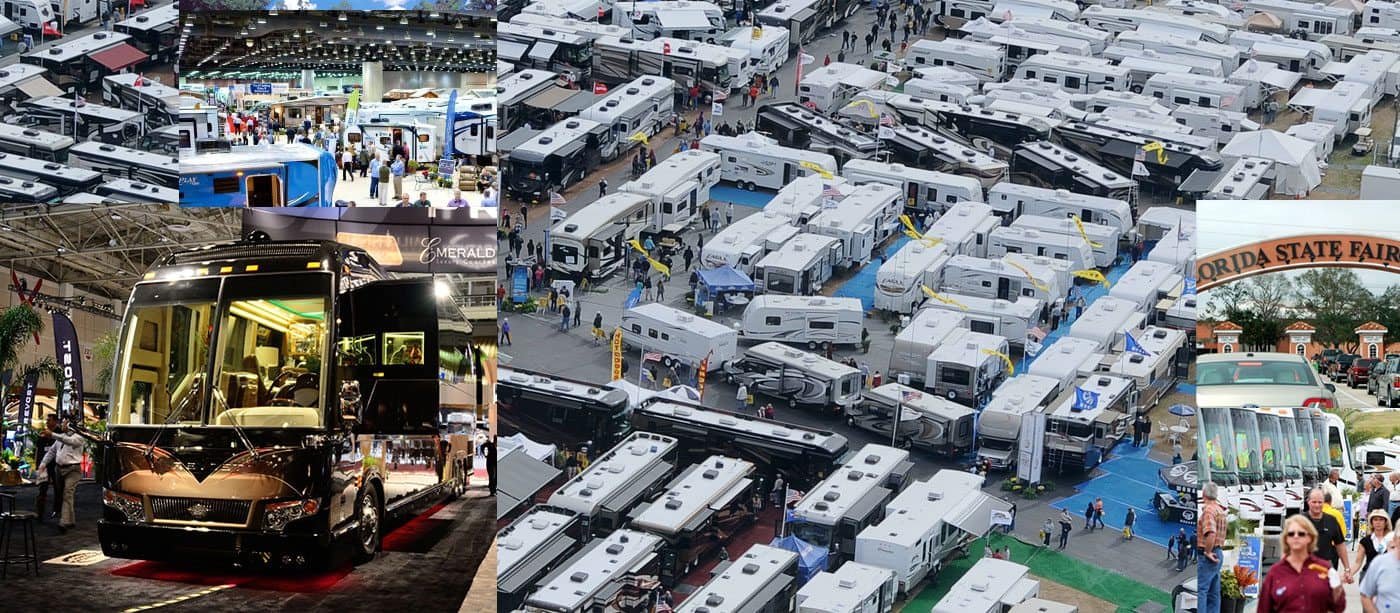Obtaining travel trailer insurance may seem intimidating, but it doesn’t have to be. Follow these tips and you can be certain to get the best insurance for your new (or used) towable.

Towed recreational vehicles are defined as an RV by the insurance industry but are generally not covered by the insurance that covers the tow vehicle. Therefore, you need to purchase a separate policy to cover your travel trailer, fifth-wheel, toy hauler, pop-up, or truck camper.
Travel Trailers are a Separate Category of RV
There are separate categories for motorized RVs and towed or carried RVs. Since your trailer or truck camper is not self-propelled like a motorhome it falls into its own unique category for insurance.
Consequently, if you don’t purchase a separate policy for your towed RV, most of the potential damage or loss will not be covered. The exception is that the liability coverage on your tow vehicle will extend to the trailer as long as it is hooked up and being towed when the damage occurred. But liability insurance only covers damage or injuries suffered by other people when your insured vehicle has caused the damage or injury.
For example, if your 40-foot fifth-wheel sideswipes another car on a tight corner causing extensive damage, their loss is covered by your auto liability coverage. However, the damage to your fifth-wheel is not covered because your loss would be classified as collision damage. Collision and comprehensive coverages in your auto policy do not extend to a towed vehicle.
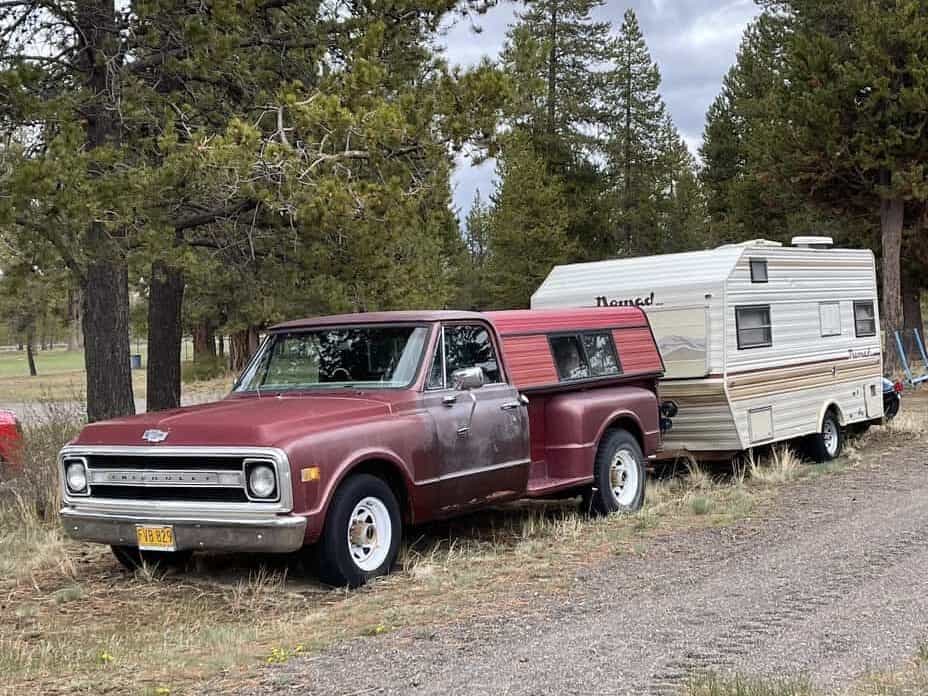
When Wouldn’t You Need Travel Trailer Insurance?
It’s wonderful that the liability coverage on your auto policy extends to a towed RV. If your rig is very old, or of little value, that may be all the coverage you need. On the other hand, your RV may represent a large investment. It might also be stocked with additional valuable equipment and personal property. If you live full-time in your RV then all your physical assets might also be in your RV. In these cases simple liability coverage will not sufficiently protect your investment and your belongings.
Travel Trailer Insurance Cost Estimate and Variables
If you need more than your auto liability coverage you will need to pay for additional travel trailer insurance. There are many types of insurance and deductibles that will ultimately determine how much this insurance will cost. The cost is linked to the value of the RV, the amount of coverage you want, and your credit score. Other factors that will affect the cost of travel trailer insurance are the company that underwrites the policy and if you have additional policies through the same provider.
Use Online Price Quotes for Research
Obtain a quote online before calling your insurance agent. Sites like RVer Insurance Exchange can offer a free quote in just minutes. That way, you’ll know what types of travel trailer insurance is available. You’ll learn what questions the agents will ask, and won’t feel pressured to include coverage you don’t really need. For example, the agent may encourage you to add roadside assistance to your travel trailer policy. But if you already have that in your auto policy there’s no need to pay for it twice. Use that portion of the premium to pay for other insurance coverage. Other types of coverage are total loss replacement coverage and emergency expense coverage.
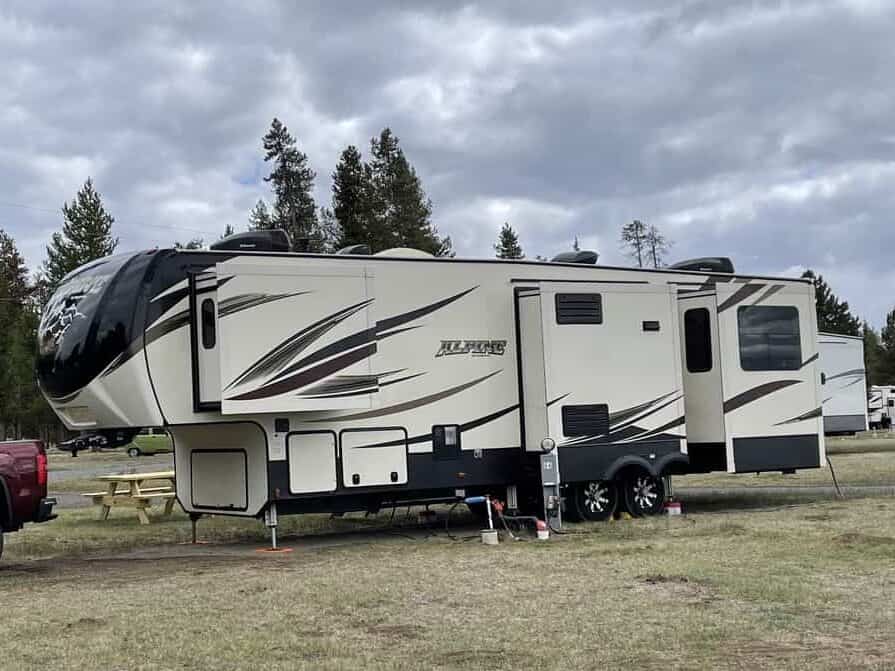
Emergency Expense Coverage
Your auto and homeowner’s policies probably do not include emergency expense insurance. This insurance covers the out-of-pocket costs for hotel and meal expenses or RV rental costs that you incur if you’re away from home and your travel trailer is in the shop. If this special coverage is not available through your auto or homeowner’s policies, include it in your trailer insurance.
Truck Campers
One final note about RV insurance applies to truck campers. These RVs are different from all other categories of RVs and unlike with travel trailer insurance, liability and bodily injury coverage is not part of a typical truck camper policy. That’s because it is included in the policy that covers the truck. Therefore, you should confirm that your truck policy limits are high enough to adequately cover losses, damage, and bodily injuries.
Summary
Just because your travel trailer is hooked to your truck, car, or SUV does not mean the coverage you already have on your auto extends to your towed RV. As far as the insurance industry is concerned, your towed RV is a unique stand-alone asset, and should be insured.
There is one final issue worth pointing out. Insurance is different from an extended warranty. To really have peace of mind, you need both. The problems you might encounter with towed RV will either fall under the coverage of one or the other type of coverage. If you wreck your trailer, it’s vandalized, or critical parts are stolen, that would be covered by your insurance. However, if the generator quits working or the slideout will not retract correctly, that will be covered by an extended warranty. Each type of protection is specific to certain types of damage, or dysfunction, and to be fully protected you need both.
The post The Ins and Outs of Travel Trailer Insurance appeared first on Camper Report.


